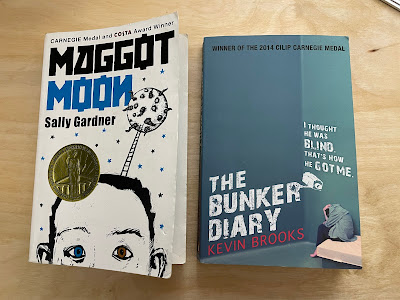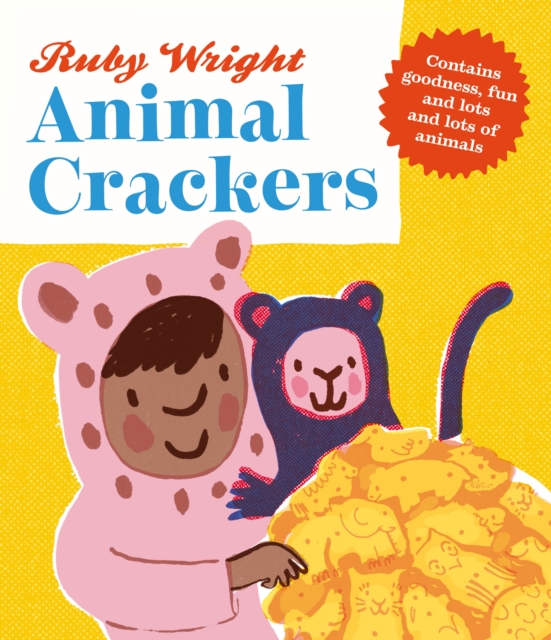Last month I wrote about the origins of five famous children’s
books. I was fascinated to discover what
inspired the writers to come up with such long-lived classics, and I hope some
of you were equally interested.
Anyway, as promised, today I want to go on with five more
famous children’s books and/or series.
The first of these is Mary
Poppins, by P L Travers, published in 1934.
P L Travers’ creation, unlike her screen portrayal, is a “fierce, witchy heroine who imparts the deeper meaning of life to her charges.” Travers moved among mystics and magicians, such as AE Russell (a writer on mysticism), WB Yeats, (as well as being a poet, he was a devotee of Irish mythology and folklore) and GI Gurdjieff, (a Russian philosopher, mystic and spiritual teacher) from whom she soaked up mythology and esoteric lore. Mary, blown in on the east wind, is more of a shaman than an Edwardian nanny, able to understand the language of animals and stars and coming “from the Dark where all things have their beginnings”. So forget Julie Andrews, then! No wonder Travers was less than enthusiastic about Disney’s interpretation of her books! (Though no doubt many more children have become attracted to the books purely because they enjoyed the film so much. And anyone who saw the film "Saving Mr Banks", starring Emma Thompson as P L Travers, will have a little more idea of the origins of the books.)
Next comes The
Chronicles of Narnia, by C S Lewis, published in 1950.
In their middle-class Belfast home, Jack Lewis and his elder brother Warnie enjoyed sibling camaraderie in their nursery, presided over by a large wardrobe. Jack, obsessed by Beatrix Potter’s books, created stories about anthropomorphic animals. In depressed middle age, Lewis, now an Oxford don, finally found a way through the wardrobe doors to the Christian allegory that lay beyond. (For a great deal more about all the Narnia books, do read Katherine Langrish’s lovely book “From Spare Oom to War Drobe.”)
And now for three more recent books:
The first of these is The
BFG, by Roald Dahl, published in 1982.
He’s bald, nobbly, scary, extremely tall and has a way with words. He carries off children, at least Sophie, to an unknown land. He turns out to be warm, funny and protective. The BFG is Dahl himself, and Sophie his real-life granddaughter. The land of giants derives from the Norse myths related by Dahl’s Norwegian mother.
Next, as if I could leave it out, is Harry Potter by J.K.Rowling.
The first book in the series of seven, Harry Potter and the Philospher’s Stone, was published in 1997, and
of course, as we all now know, it created a publishing phenomenon.
Rowling says “Harry strolled into my head fully-formed”, though it’s possible to glimpse a touch of Sherlock Holmes about him. She also says that Hermione is a caricature of herself at the age of eleven, and that Ron Weasley resembles a best friend from sixth form. Her rich vocabulary has classical and mediaeval sources: Dumbledore is Middle English for bumblebee, while Muggles is jazzspeak for marijuana.
And finally, Artemis
Fowl by Eoin Colfer, published in 2001.
This is described by its author as “Die Hard with fairies”. The story of the teenage criminal mastermind is also indebted to Hill Street Blues, and also to “all the leprechauns the Irish author has grilled”.
And that’s the end of my ten books/series and their origins. I hope you’ve found it as interesting as I did when I first read about what inspired the writers to write their famous books.
Website: lynnebenton.com























